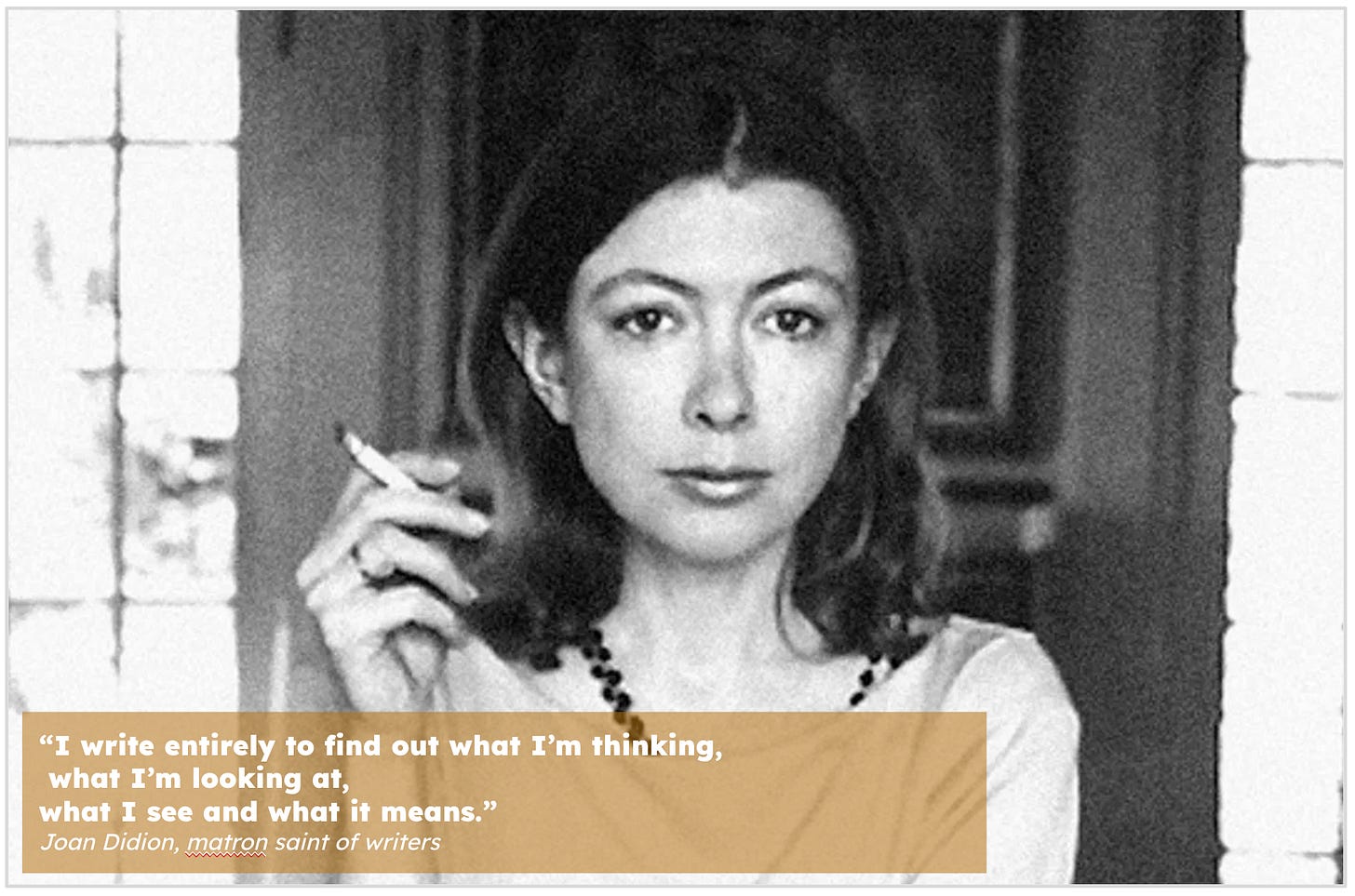
I’m a big proponent of using AI; I believe it’s inevitable that it will radically change how we work, create, and live. Experimenting with AI is fun; it feels like we’re at the beginning of something groundbreaking, and the wealth of possibility continues to amaze me.
So in this age of AI, it’s easy to let go of real, actual writing. Why struggle through words when you can generate full essays at the touch of a button?
The Content Conundrum
We were already on a trajectory of content overload. Keeping up with TikTok, 24-hour news cycles, group chats, Netflix, and all your friends’ Substacks was the norm even before generative AI came along and made producing content even easier. Last year the average American consumed about 6 hours of content a day, almost a third of your waking day.
With the onset of AI, that amount of content is just going to increase.
In the meanwhile, making content is hard. In spite of the wealth of content we see every day, most people are consumers of content rather than producers. According to Exploding Topics, YouTube has 3.8 billion subscribers, and about 66 million channels— that’s less than 2% of the number of subscribers. And SEM Rush claims that Substack has about 20 million subscribers, and 17,000 newsletters that people are getting paid for; that’s less than .1% — yes that’s point one percent.
AI can generate an essay like this in 10 seconds, as opposed to the several hours it takes me to think, research, write, edit, edit again, and edit again. It would be so easy, and tomorrow, I might even put this newsletter to the test with AI. But for me, the act of writing is more than just content production.
I write to discover
We live in an age of unbridled curiosity. You can enter a rabbit hole on any topic and pop out the other side knowing things you’d never even thought about before. Writing is a portal to curiosity. It invites you to learn new things, to build a structure around your nascent thoughts. I started this article to explore the impulse to write, no data involved. It led me to unpack data around content production vs consumption. And now we all get to know that under 2% of users on major platforms produce content.
I write to think
Writing forces me to think differently. To turn ideas from mental soup in my head to structured narratives that make sense to readers. As Joan Didion, matron sainte of long essays and simple language, puts it: “I write entirely to find out what I’m thinking, what I’m looking at, what I see and what it means.”
I write to play
Writing isn’t everyone’s cup of tea, but I find it fun. What words are boring, inventive, obvious, provocative? Where will this sentence go? What does it look like when the ideas that live in my head come to life on a page? The page is a safe sandbox to play with ideas.
I write to focus
Writing takes discipline. I have friends, readers, and fellow writers who are swimming in discipline–some write daily, many publish religiously on a specific day of the week. I admire them greatly. For me, I sit down when an idea strikes and forms itself enough to be worthy of a few hours of my time. I set a deadline to publish the idea. And in spite of all the lovely distractions this world offers, I stick to it. It’s a form of meditation, disconnecting, and settling in. This focus helps me in other parts of my life.
I write to struggle
Writing is famously hard. Every writer has faced writer’s blocks, doubts about their words and ideas — and don’t even get me started about editing. Facing the words you’ve written and deciding if they are clear, if they are good, if they are worthy of being shared with the world. And then rewriting it and reading it again. Sometimes I hit publish before the third re-read and find mistakes or things I’d like to say differently. And I’ll re-edit and publish it again. None of it is easy, and that’s why it’s good.
Most of all, writing makes me better. Committing my 10,000 hrs to a blank page makes me better at my job, or any job. It makes me a better human, to access and articulate my thoughts. It makes me feel realized in a way that an AI essay never could. For parts of my writing, I use AI to unblock myself, to be a thought partner, to crack a bit of language, to be my extended thesaurus. But when I’ve tried outsourcing the full act of writing to AI, it feels thin and unsatisfying.
There are a million ways I use AI that are useful, productive, imaginative and fun. But for now, I’m not here to be a content engine; writing is my home to engage with culture, ideas and creativity. I hope in the age of AI you have a home too.
A few lovely things to read about the experience of writing:
